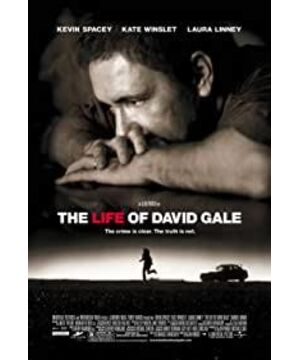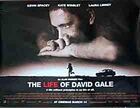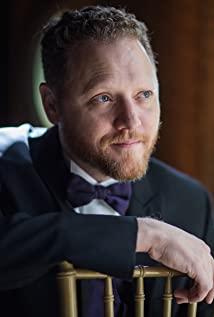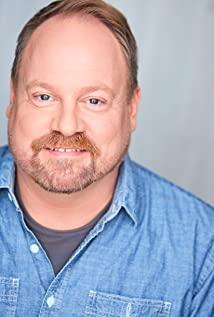David and Constance in the film talk about the caboleros stages - the stages of going to death - anger, denial, bargaining, frustration, acceptance, which in my opinion is also David Gore's lifetime. Abolition of the death penalty is the mission of Guardians of Death Row and David's belief. He resented injustices on death row, and he spent his life fighting for the abolition of the death penalty without success, especially in a debate with the governor of Texas (mainly because he was unable to cite instances of injustice). Later, he chose to plan a fake murder and a real suicide with his partner, and the price was the lives of himself and his partner, as an ironclad proof that the current system killed innocents in vain. Saving the lives of tens of millions of people on death row in an unjust case with two lives is a real bargain. Some say that death is abolished by one's own death Isn't this too funny? This is a kind of belief, a kind of Tao that is above all else. Just like the heroes who sacrificed their lives for freedom and liberation in the war of resistance against Japan, we can’t think that belief is a way to cancel out nothing just because we don’t have belief. Not like the martyrs, but at least you can choose to respect them. Besides, after watching the film I think there are three real reasons for them to do this: First, David was accused of rape for having sex with a female student (even though he was wrong but the sex was consensual) , he was powerless to fight back, his wife and children left him, public opinion criticized him, and he had no love for him. So if that's the case, it's better to be a martyr for your faith. In addition, Bixi has been in prison and has a good reputation for being tight-lipped, so David chose Bixi as his interview reporter. She told her life, choices and how to end her life, and she could save his son's heart. impression. Second, Constance is already suffering from blood cancer. She lives for the Death Row Guardian organization, so she also chooses to end her life in a more meaningful way. Third, Dusty is a fanatic of the abolition of the death penalty and a friend of Constance, so he naturally became an "accomplice". So the martyrs are at peace because they got what they wanted. (Another thing I want to say is that even if there were not so many accidents, they might not choose martyrdom to defend their beliefs, but their belief in the abolition of the death penalty would not be shaken. This is why beliefs become beliefs.) Some people say why the death penalty should be abolished, isn't it right to "a tooth for a tooth, an eye for an eye" and "kill for a life"? I think everyone has different views on this issue, and whether they choose to abolish the death penalty has its own advantages and disadvantages. I just want to express my point of view-although the main reason for the unjust case is the defects of the system, the defects of the system and procedure are inevitable. If the death penalty is executed, the death row prisoners who lost their lives due to the unjust case should have their right to life. Who is guaranteed? Although David and Constance lost their lives, it is gratifying that their deaths finally contributed to the goals they could not achieve during their hard work; it is gratifying that the impression of David in the hearts of his wife and children was finally reversed; People are gratified that David finally gave Bixi "the key to freedom", so that Bixi doesn't have to suffer from mental torment. Socrates' death shook the times: a wrongful death sentence was more politically powerful than a last-minute vindication, as did David and Constant. The martyrs used their lives to live by the principle that respect for life means respect for all life, as David said in the opening credits in one of his classes- "Don't depend on how many desires you achieve. To measure your life, measure it by how many moments of sincerity, compassion, reason, and even self-sacrifice. Because in the end, the only standard by which we measure the importance of our lives depends on how you view the lives of others! "
View more about The Life of David Gale reviews











